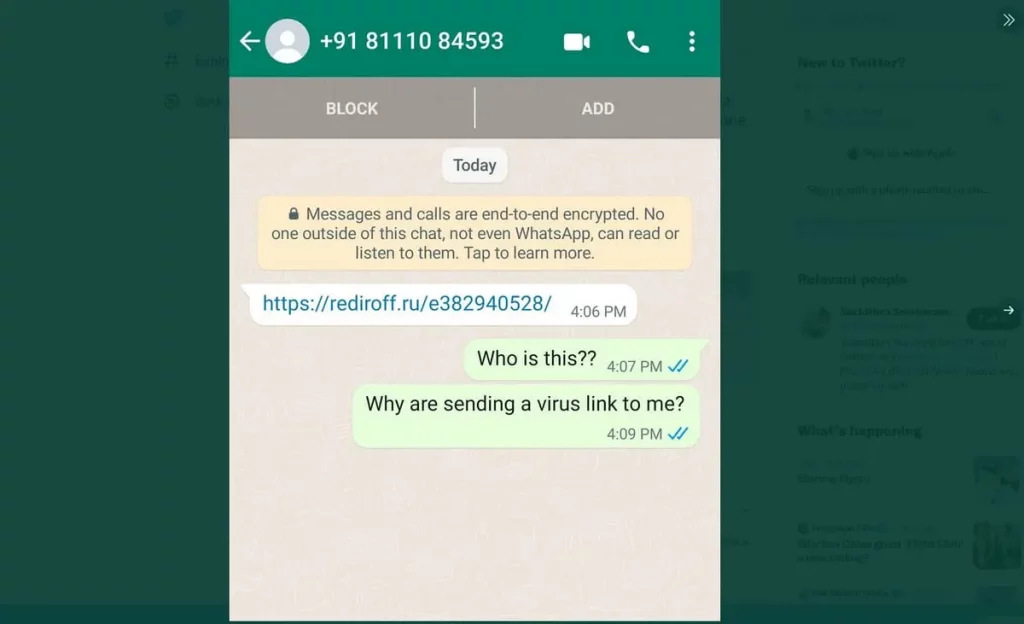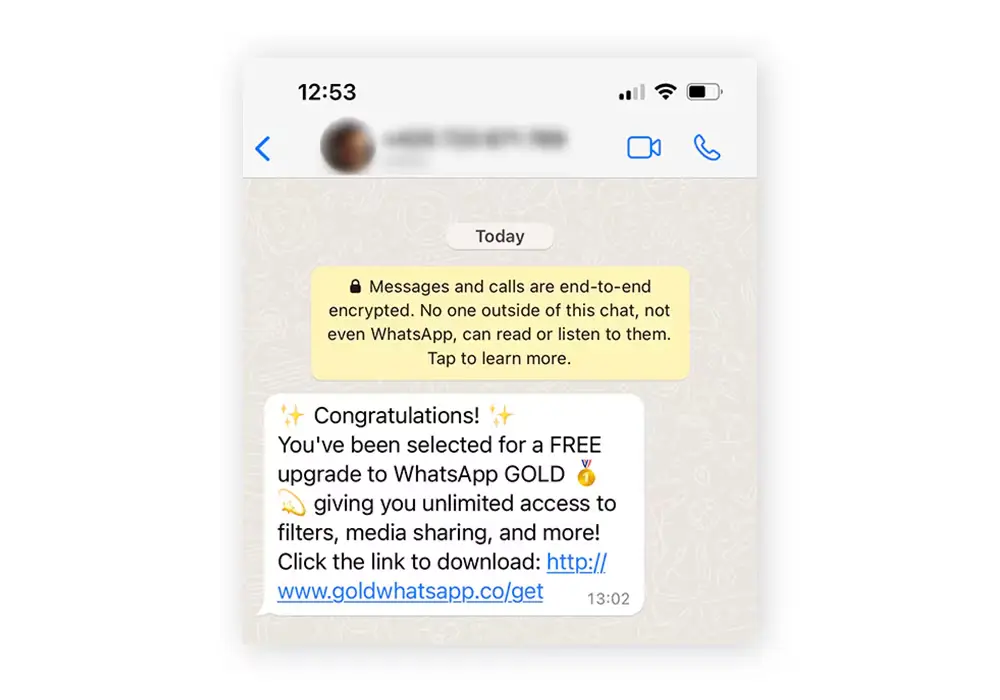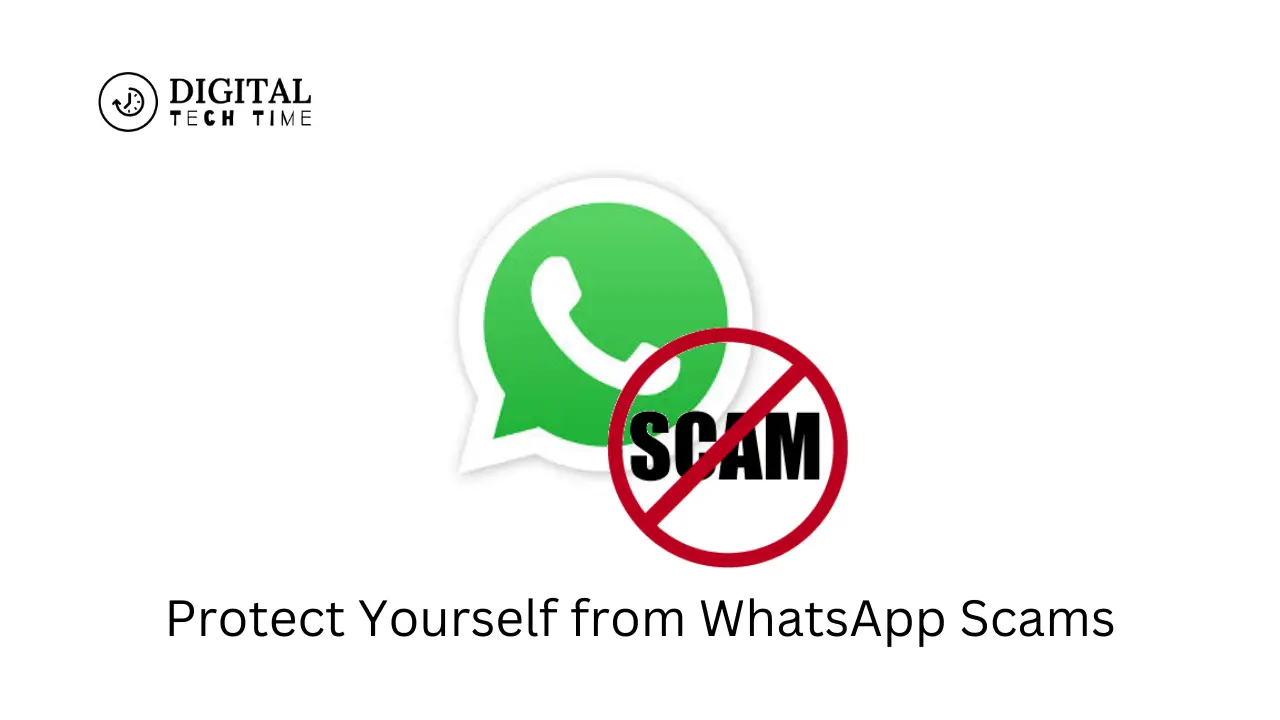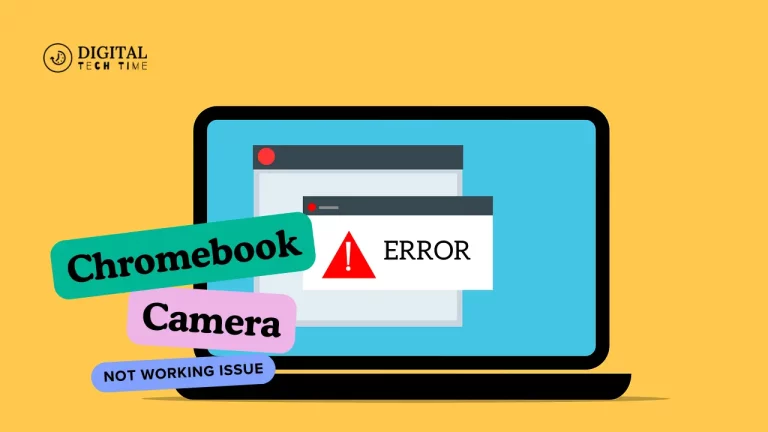Protect Yourself from WhatsApp Scams: How to Stay Safe
WhatsApp is a target of scammers and cybercriminals, being among the most used messaging platforms in the world. Taking further advantage of the high traffic on the platform, the malicious actors use the trusted circle of a victim’s contact to conduct several different types of scams. WhatsApp scams have some serious effects on their victims, from phishing to financial fraud.
I have seen these scams affect people, sometimes even whole communities, through my years of experience with WhatsApp. In that regard, I have made it my business to present some knowledge on how one can protect oneself from WhatsApp scams and, generally, how one can stay safe on the platform.
Table of Contents
Common Types of WhatsApp Scams
WhatsApp scams manifest in several forms, each aimed at exploiting different aspects of user experience. The following are some prevalent kinds of WhatsApp scams:
- Phishing Scams: Scammers send messages from apparently trusted sources, such as banks or government agencies, requesting that the user provide sensitive information that may contain login credentials or financial details.
- Financial Fraud: Criminals may pose as trusted friends or family members who are desperate and in urgent need of financial assistance. Perhaps they have an investment deal that might be perfect for you.
- Malware Distribution: These are messages sent with malicious links or attachments, which, upon being clicked, can infect a user’s device with malware.
- Sextortion Scam: This is when the perpetrator, via message sending, threatens to release a recording or photo depicting the individual in the act of compromising character if a ransom is not paid.
- Fake Giveaways and Prizes: A scammer might promise you prizes or giveaways to get hold of your personal information or your financial details.
Signs of a WhatsApp Scam
Being able to identify a WhatsApp scam may be your first line of defence against such crimes. Following are some common red flags you should look out for:
- Urgent or Threatening Language: Quite often, fraudsters use urgency or the sense of impending doom to get the users acting as soon as possible.
- Requests for Personal or Financial Information: No authentic entity will ask for sensitive information over WhatsApp.
- Unfamiliar or Suspicious Contacts: Be very cautious with messages from numbers or contacts that you are not supposed to know.
- Too Good to Be True Offers: Any offer or opportunity which seems to be too good to be true is bound to be fraud.
- Grammatically Incorrect and Inconsistent Messages: The use of poor spelling, grammatical errors, or language that doesn’t quite fit might hint at a scammer.

How to Protect Yourself from WhatsApp Scams
Protecting yourself from WhatsApp scams requires a combination of vigilance, secure practices, and a proactive approach. Here’s what you can do to stay safe:
Secure Your WhatsApp Account
- Enable Two-Factor Authentication: This will add an extra layer of security to the WhatsApp account, making it difficult for scams to access.
- Use a Strong Password: Use a unique and complex password for the WhatsApp account. Do not use this password on other accounts.
- Keep WhatsApp Up-to-Date: Ensure that the version of your WhatsApp is updated regularly so that you receive the latest patches and features to help enhance the level of security.
Tips for Staying Safe on WhatsApp
- Be wary of unsolicited messages: These are messages whose senders are numbers not known to you or from a contact whose authenticity you cannot recognize. Such messages should raise suspicion regarding their content.
- Verify Identity of Sender: If a message looks like it is from a friend or family member, verify the request and identity through another channel.
- Avoid Clicking on Suspicious Links or Attachments: This means avoiding suspicious links or attachments. Malware could be sent via a link or attachment that you don’t know or are suspicious of.
- Verify Financial Requests: For contacts requesting money or an act of financial assistance, verify through a separate, trusted channel before sending any funds.
- Be very careful with unfamiliar groups or broadcast lists: Be cautious of any groups you are added to or broadcasting lists that you may be being added to, as these are also used to distribute scams.

Reporting WhatsApp Scams
If you think that you have become the victim of fraud on WhatsApp, then it is time to report such fraud to the higher authorities. Here you go:
- Report the Scam to WhatsApp: There is a “report” feature in WhatsApp that you should use if someone tries to scam you through this app. This may ensure that WhatsApp does something about it and stops the fraud from spreading.
- Complain with Local Authorities: Depending on the jurisdiction, it may be appropriate to report to local law enforcement or a consumer protection agency.
- Warn Your Contacts: In case you have been scammed, you may call up your contacts and warn them in order to prevent further proliferation of the fraud.
Examples of Recent WhatsApp Scams
The following are a few examples of current scams to help you better understand their nature:
- COVID-19 Vaccine Scam: There have been many messages claiming to give early access to COVID-19 vaccines for releasing personal information or other personal financial details.
- Sextortion Scam: Perpetrators threaten to leak compromising images and videos of victims if they are not paid a ransom.
- WhatsApp Business Verification Scam: Scammers have targeted WhatsApp Business users, impersonating company representatives and asking for sensitive information to “verify” the WhatsApp Business accounts.

Resources and Tools for Preventing WhatsApp Scams
The following resources and tools could further help in protecting oneself from WhatsApp scams:
- WhatsApp Security Guides: WhatsApp has some excellent guides on keeping safe on the website itself. These include guidelines on securing accounts and staying safe.
- Cybersecurity Awareness Organisations: Organisations such as NCSC and the FTC provide very valuable information and a set of resources related to different types of scams, including WhatsApp.
- Antivirus and Anti-Malware Software: The installation of good antivirus and anti-malware software will help detect and block malicious file downloads or installations.
- Fact-checking Websites: Snopes and FactCheck.org are sites that can be used to fact-check any suspicious messages or claims on WhatsApp.
Also Read: Bootstrap vs Venture Capital – Exploring the Pros and Cons
Frequently Asked Questions
Q: I have been scammed on WhatsApp. What can I do?
A: If you have shared sensitive information or made some form of payment with the scammer, contact your bank or other involved financial institutions immediately upon awareness of the incident to report the incident and take further action deemed necessary in securing accounts.Change any compromised passwords or other sign-in credentials and take heed of advice to monitor credit reports for any suspicious activity.Report the scam to the relevant authorities, such as the police or consumer protection, to ensure others don’t fall into the same trap.
Q: What can WhatsApp do to protect me from scams?
A: WhatsApp does have ways to ensure that scams are found out and not spread; it makes reporting suspicious messages and accounts pretty easy. However, this is a platform that is very highly dependent on user vigilance in reporting suspicious activities.WhatsApp also provides security features and guides to help users secure their accounts and stay safe on the platform. Essentially, this requires WhatsApp’s effort to put a stop to these scams, along with individual vigilance by the users.
Q: How can I educate my friends and family about WhatsApp scams?
A: If you know any individuals who might become victims of these or other WhatsApp scams, share this story with them or other legitimate sources. Please inform your friends and family about how phishing works; make them question senders of unsolicited messages and warn them against clicking on suspicious links or attachments. Let them know that WhatsApp two-factor authentication should be enabled and that strong, unique passwords should be set.
Conclusion
WhatsApp scams surely pose a real danger to users. The need to be cautious as a way of keeping off the trap or helping your family and friends is quite an important one. Such risks can only be minimized by a proper understanding of the most frequent types of scams, warning signs, and practising security.
Remember, vigilance, verification of authenticity in messages, and reporting are vital to keeping your WhatsApp experience safe. These precautions can help you enjoy this highly useful means of communication while limiting the possibility of risks due to scammers.
For more detailed guidance on how to protect yourself from WhatsApp scams and other online threats, please refer to the NCSC website, where plenty of resources are available with practical tips on how to be safe online.







